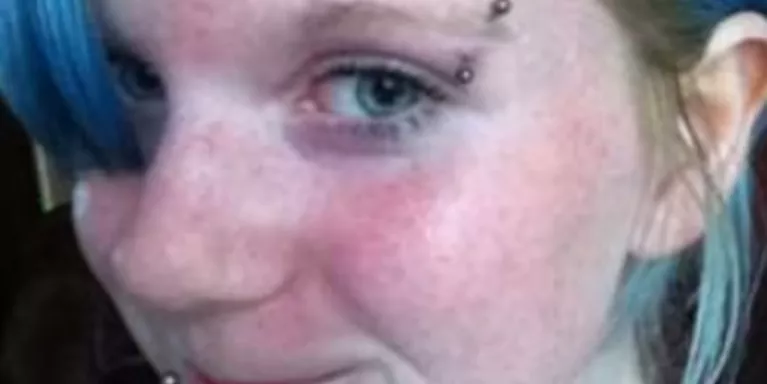My symptoms of bipolar and being diagnosed
Steph blogs about her experience of bipolar and being diagnosed.
Steph is a 23 year old Journalism graduate and blogger. She blogs at biggpolarbear.wordpress.com
Can you imagine finding the cure for cancer? Think of all the doctors and scientists that have spent years researching ways to put a stop to the horrible disease. All of their hard work and then you find it yourself. You’ve cracked it. Found the cure. Just like a light bulb going off in your head
Imagine that feeling. Really think about that feeling. You know you’re going to be famous. You’ll be on the news, tv chat shows, you’ll probably need to write a book. Think about all those people that will love you. All of those lives you would have saved. You would have healed so much pain.
"My life spiralled out of control due to bipolar a year ago."
At the beginning of the year I truly believed that I had found the cure for cancer. Even writing that now seems absolutely absurd. However, in my reality it felt so real. I was in my own reality. A reality that was out of this world. I was way above the clouds. This was when the people around me really began to panic. There was a lot of unusual behaviour on my part, but this really topped it.
I was diagnosed with bipolar.
I felt strangely relieved with the diagnosis. It almost felt like an answer, or an explanation for all of the bizarre thoughts I had racing around my mind. Now I knew what I was dealing with. I had something to work with. Once you know what you’re dealing with you can start to manage it.
At the beginning of this ‘high’ everyone thought I was just happy to be able to enjoy life again. As several months before this I had been diagnosed with depression. Severe life-enabling depression. To be honest, I thought the same. I had been in such a dark place. A place I am terrified to go back too. So I was completely unaware of what was happening to me and the chaos I was causing.
"Just because you can’t see what’s going on inside someone's head, doesn’t mean it’s not happening."
The trouble with bipolar is that sometimes it can go undiagnosed. You don’t go to the doctor to tell them you are feeling extremely happy. That you’ve got so much energy and can conquer the world (quite literally). Of course, it depends how ‘high’ you go. The ‘high’ may sound fun, but it can tip over the edge and become very dangerous. Another difficulty with bipolar is that for everyone it can be different. There isn’t a blood test you can do that explains what's happening in your mind, it’s all behavioural. It's hard to diagnose and fully understand something that the eye cannot see.
However, just because the eye cannot see it, does not mean it’s not real. Just because you can’t see what’s going on inside someone's head, doesn’t mean it’s not happening.
One of the main causes for relapse in patients is due to stopping the medication themselves. Perhaps this is due to the stigma that still surrounds mental health. If someone had another illness such as diabetes or asthma, you wouldn’t hear of them just stopping taking their meds because everything was going well. This stigma could cause people to deny that they are facing a potentially life-threatening illness.
"We need to continue to squash the stigma and help each other move forward with knowledge and understanding."
I’m not keen on taking two tablets every day, but if it means I will be able to live my life to the full and enjoy it, I will. It doesn’t change the person I am. It just levels out the chemicals in my brain. Of course, medication isn’t something you should solely rely on. There’s so much more to it than popping a couple of pills and what works for one person, may not work for another.
I’m a 23 year old, female, journalism graduate. My life spiralled out of control due to bipolar a year ago. I’d just arrived back from a year in Australia and this was the last thing I’d expected. Mental health can effect anyone and everyone, whether that’s personally or through someone you love. This is why we need to continue to squash the stigma and help each other move forward with knowledge and understanding.


Information and support
When you’re living with a mental health problem, or supporting someone who is, having access to the right information - about a condition, treatment options, or practical issues - is vital. Visit our information pages to find out more.
Share your story with others
Blogs and stories can show that people with mental health problems are cared about, understood and listened to. We can use it to challenge the status quo and change attitudes.

















